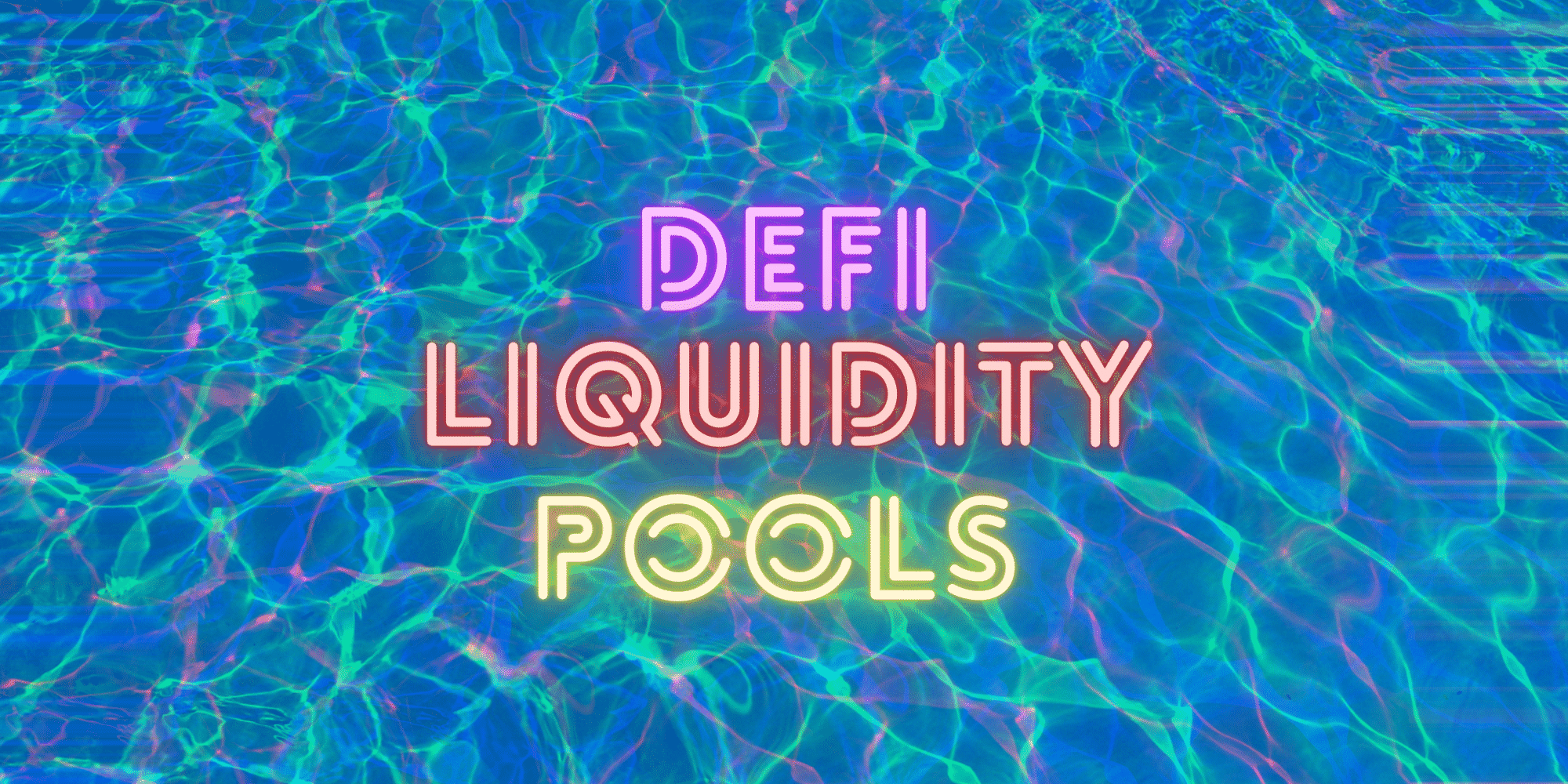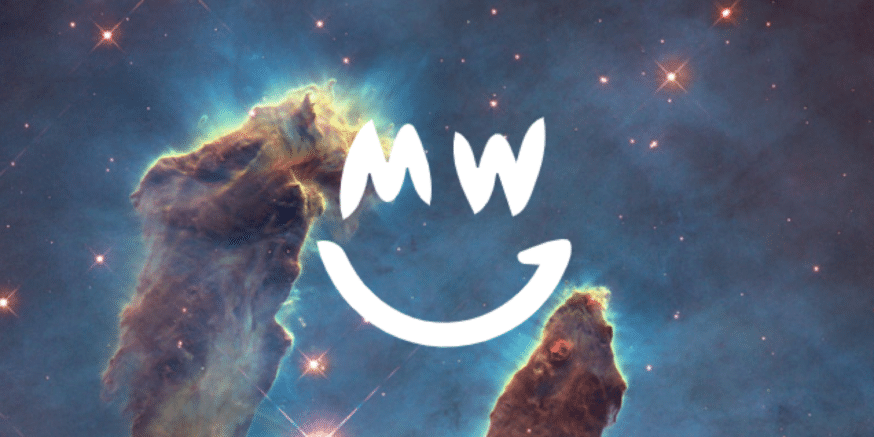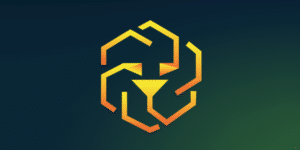Grin is a private, lightweight, MimbleWimble blockchain project. Like Monero and Zcash, the goal of Grin is to keep your identity and financial history private as you participate in the network.
Although Tom Elvis Jedusor first proposed MimbleWimble in 2016, the idea has only recently gained traction. Grin is the most notable project building a MimbleWimble blockchain from scratch, but Bitcoin and Litecoin developers are looking at possible implementations as well.
In this guide, we’re going to cover:
- How Does Grin Work?
- Grin Team & Progress
- Trading
- Where to Buy Grin
- Where to Store Grin
- Final Thoughts
- Additional Resources
How Does Grin Work?
Grin is one of a handful of projects with a MimbleWimble foundation. Before we dive into the details, though, it’s essential to examine the flaws of current privacy solutions and why some view MimbleWimble as a technological breakthrough.
The Privacy Tradeoff
As with most things in life, adding privacy to a blockchain comes with particular costs. Namely, additional anonymity brings more blockchain bloat, and in some instances, a certain level of trust.
The complexity of older privacy features like ring confidential transactions (RingCTs) often lead to higher fees and lower transaction throughput. Additionally, zk-SNARKs and CoinJoin, two other popular privacy strategies involve trusting a third-party in their set-up or their continuous operation. Lastly, many ‘privacy’ coins don’t require you to transact anonymously, which weakens the anonymity of the entire network.
MimbleWimble Is Private by Default
And it requires anonymity. You don’t have the option of sending public transactions with a MimbleWimble blockchain. The details of its architecture are reasonably intricate, but we’ll try to stay high-level for this guide.
MimbleWimble transactions contain two provable components:
- The outputs equal the inputs of the transaction.
- Possession of Elliptic Curve Cryptography (ECC) private keys guarantees possession of the outputs. This mechanism is similar to the way Bitcoin works.
These two components aren’t necessarily unique to MimbleWimble. However, the network achieves the first point without revealing the transaction amount. And, you’re able to prove the second component without actually signing the transaction.
MimbleWimble transactions only include a set of inputs, a set of outputs, a transaction fee, and a ‘signature’ providing proof of a private key. That’s it. The transactions don’t contain any identifying information. For a more detailed explanation of MimbleWimble, take a look at our guide.

Cuckoo Cycle
Grin uses a Proof-of-Work algorithm, dubbed Cuckoo Cycle. It effectively limits mining capabilities by memory rather than processing power. Therefore, most types of computing hardware can successfully participate in the mining process without being pushed out by ASIC miners. Additionally, for the first two years, the Grin community is hard forking every six months to tweak the mining algorithm in an attempt to keep ASICs inefficient.
Grin aims for a one-minute block time and an inflation rate of one GRIN per second.
Grin Team & Progress
The genesis Grin block was created on January 15, making this project one of the youngest in the space. Unlike many other altcoins, no centralized team or company is driving the project’s development. Instead, it relies on community donations.
Members of the project’s community have set up a Github page that covers the project’s finances. Leading up to the January launch, the project raised around $65,000. And, in May an anonymous person donated $300,000.
On behalf of $GRIN, thanks to the donor that made the 50 BTC donation today, coinbase from a block mined 2010-11-25. We'll try to spend it wisely. https://t.co/OpnzPDQTok
— Grin Council (@grincouncil) May 7, 2019
So far, the community has released the first version of Grin. In July, the project will hard fork to implement some significant updates. The fork is the first of several milestones and includes a change to the mining algorithm as well as multi-signature and “watch-only” wallet support.
Competition
Grin is a privacy coin, so it’s in the same league as Monero, Dash, Zcash, and other cryptocurrencies with a goal of anonymity. As we mentioned above, Grin sets itself apart by being one of a few cryptocurrencies to implement MimbleWimble. The only other MimbleWimble project with any reputation is Beam.
Trading
Grin launched with no premine and no initial coin offering. Because of this, the price jumped around for the first couple of months before settling at roughly $3 in March. Following the initial movement, Grin’s price remained relatively flat between $2 and $3 until June.
Since the beginning of June, the coin’s price has climbed 150 percent. The magnificent rise in price is likely due to the upcoming hard fork in July.
The Grin community is scheduling hard forks every six months for the next two years. If this price run-up is indicative of what we can expect with a hard fork around the corner, it may be worthwhile to stay vigilant in the month leading up to the next one.
Where to Buy Grin
There are plenty of platforms from which you can purchase Grin. The majority of the trading volume occurs on Hotbit. On Hotbit you can trade Bitcoin, Tether, or Ethereum for Grin.
The privacy coin is also available on Poloniex, HitBTC, and KuCoin. If you’re new to cryptocurrency, check out our guide on how to buy bitcoin to get started.
How to Mine Grin
If you don’t want to buy Grin, mining is another option. The community recommends a “GPU with >3.7 GB of very fast DRAM,” but this may change as the project progresses. You can find a list of mining pools here.
[thrive_leads id=’5219′]
Where to Store Grin
Grin is less than a year old and utilizes a unique type of blockchain, so your wallet options are slim. If you’ve dealt with blockchain nodes before, you’re probably interested in the command-line interface (CLI) wallet. Even if you’re unfamiliar with the command line, the project provides ample instructions on it’s Github page.
If you’re looking for a wallet with an interface, GrinPlusPlus is your best bet. This community-created wallet is available on Mac and Windows operating systems.
Final Thoughts
Grin could be the first cryptocurrency to usher in a new wave of financial privacy and scalability. Even though the project is still in development, it’s gaining the recognition of many crypto community members. A transparent development team and grassroots funding prove that Grin is an honest project to keep your eye on.
Additional Resources
Never Miss Another Opportunity! Get hand selected news & info from our Crypto Experts so you can make educated, informed decisions that directly affect your crypto profits. Subscribe to CoinCentral free newsletter now.










